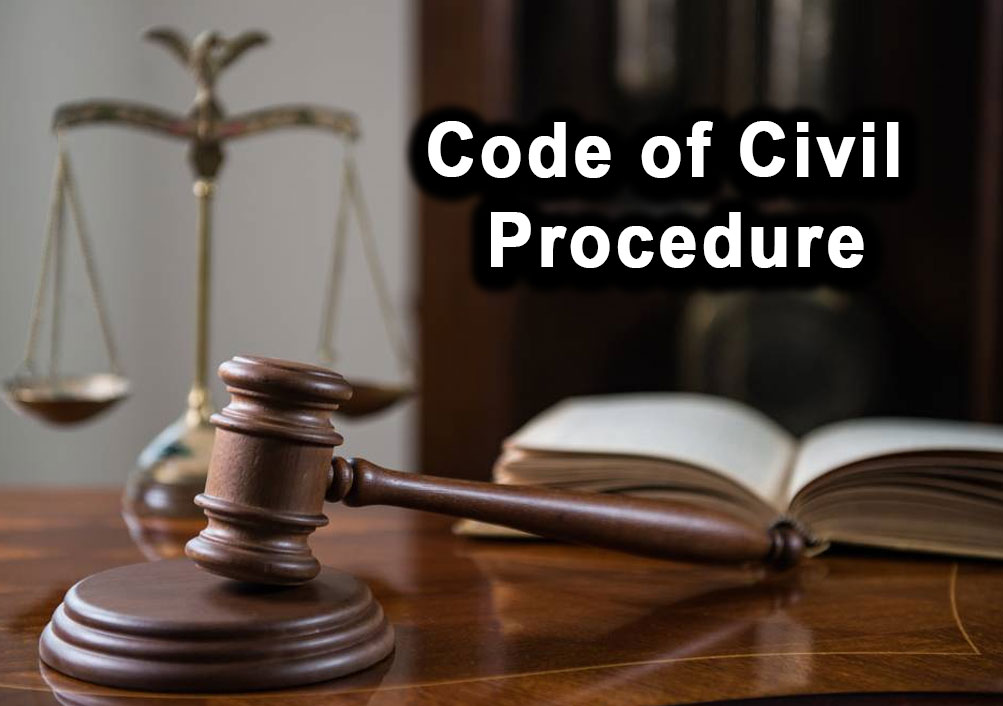In CIVIL APPEAL NOS. 3703-3750 OF 2022-SC- Court will not be justified in permitting plaintiffs to amend plaint including prayer clause, if by such amendment nature of suit is likely to be changed: SC Justices M.R. Shah & B.V. Nagarathna [12-07-2022]

Read Judgment: ASIAN HOTELS (NORTH) LTD v. ALOK KUMAR LODHA & ORS
Tulip Kanth
New Delhi, July 15, 2022: In a case challenging mortgages/charges created on certain premises, the Supreme Court has opined that the Delhi High Court while allowing the amendment application had not properly appreciated the fact that by granting such an amendment and permitting plaintiffs to amend the plaints incorporating the prayer clause to declare the respective mortgages as void ab-initio, the nature of the suits would be changed.
Deprecating such act, the Division Bench of Justice M.R.Shah and Justice B.V.Nagarathna asserted, “As per the settled proposition of law, if, by permitting plaintiffs to amend the plaint including a prayer clause nature of the suit is likely to be changed, in that case, the Court would not be justified in allowing the amendment. It would also result in misjoinder of causes of action.”
The appellants in this case had granted licenses for individual shops at the premises from 1983 onwards to various shopkeepers including the respondent herein – original plaintiff. In 2020, the original plaintiff as a licensor served a revocation of license notice and similar notices were also served on other licensees. Therefore, the respective licensees had instituted the respective suits before the Delhi High Court against the appellant – licensor – Asian Hotels (North) Limited seeking a decree of declaration that the license in favour of the plaintiff in respect of shop/ premises was irrevocable and perpetual and the purported revocation of the License by the defendant was illegal.
The High Court dismissed the suits with liberty to the parties to avail remedy of arbitration in view of the arbitration clause in the license agreement. When the matter reached the Division Bench in appeal, the same was allowed and liberty was granted to the defendant to prefer an application under Section 8 of the Arbitration and Conciliation Act, 1996.
During the pendency of the aforesaid suit, the plaintiff filed an interlocutory application under Order 6 Rule 17 of the Code of Civil Procedure seeking amendment of the plaint, by which, the plaintiff proposed to amend the suit challenging various mortgages created by the defendant hotel, in favour of certain banks and prayer clause was also sought to be amended seeking a decree of declaration against the defendant that the mortgages including the mortgage deeds which were executed in favour of the Banks was void. Another application, was also filed by the plaintiff under Order 1 Rule 10 CPC seeking to implead the Banks and the Financial Institutions as defendants. The High Court allowed both the applications. Hence, feeling aggrieved with this impugned common order, the original defendant – licensor had preferred the present appeals.
Clarifying that the original plaintiffs being the licensee were aware that there shall be charges / mortgages on the entire premises and the buildings including the shops, the Bench was of the view that now,after a number of years, plaintiffs cannot be permitted to challenge the mortgages / charges created on the entire premises including shops.
Expounding the law relating to the status of plaintiff as dominus litus, the Bench held that plaintiffs cannot be permitted to join any party as a defendant who may not be necessary and / or proper parties at all on the ground that the plaintiffs is the dominus litus. On the High Court’s view, the Apex Court sternly remarked that the High Court had committed serious error in allowing the application under Order 6 Rule 17 and under Order 1 Rule 10 CPC.
Taking into consideration certain facts such as the alleged rights of the plaintiffs as perpetual license holders were yet to be adjudicated upon and the licenses of the original plaintiffs had been revoked, the Bench said, “Therefore, in a suit challenging revocation of the respective licenses, the plaintiffs cannot be permitted to challenge the respective mortgages / charges created on the entire premises as void ab-initio.
Not only this but given the case on behalf of the appellant that apart from the fact that first charge was created in the year 1982, thereafter said mortgages had been rolled over and refinanced from time to time for ensuring the continuous development of the Hotel Project which required consistent upkeep from time to time, the Bench concluded this matter by holding that the impugned orders passed by the High Court were unsustainable. Thus, the appeals were allowed.
Sign up for our weekly newsletter to stay up to date on our product, events featured blog, special offer and all of the exciting things that take place here at Legitquest.




Add a Comment